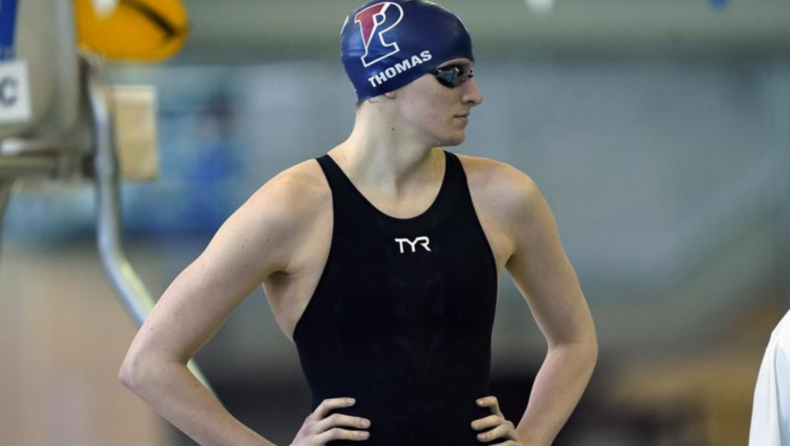Starting Monday, the world swimming governing body officially banned transgender women from having to compete in women’s events.
On Sunday, FINA members overwhelmingly approved a new “gender inclusion policy” that allows swimmers who transitioned before the age of 12 to compete in women’s events. In addition, the organisation proposed an “open competition category.”
“According to the scientists, if you transition only after the start of puberty, you have an unfair advantage”, the Associated Press was told by James Pearce, the spokesperson for Husain Al-Musallam, FINA president.
“In most countries, you cannot transition at that age, and you should not be encouraged to do so. Essentially, they’re saying that it’s impossible for folks who have transitioned to start competing without an advantage.”
Pearce stated that no transgender women are currently competing at the elite level of swimming. The World Professional Association for Transgender Health recently reduced the recommended minimum age for beginning gender transition hormone treatment to 14 years old, and for some surgeries to 15 or 17 years old. In addition, FINA’s new 24-page policy suggested a new “open competition” categorization. According to Pearce, the open competition will most likely result in more events, but the specifics are still being worked out.
“Nobody knows exactly how this will work. And we need to involve a wide range of people, along with transgender athletes, to figure out how it would work” he said. “As a result, there are no specifics as to how this would work. The open category is something that can be discussed starting tomorrow.”
At the organization’s extraordinary general congress, members voted 71.5 percent in favour after having heard keynote speeches from three specialized groups — a science group, an athlete and medicine group, and a legal and human rights group — that had been continuing to work together to form the policy in response to recommendations made by the International Olympic Committee last November.
The IOC advocated for a shift in focus away from individual testosterone levels and a call for evidence to demonstrate when a performance advantage existed.
FINA’s new policy is “deeply discriminatory, harmful, and unscientific,” and is “not in line with (the IOC’s) framework on fairness, inclusion, and non-discrimination based on gender identity and sex variations,” according to Anne Lieberman of Athlete Ally, a nonprofit that advocates for LGBTQ athletes. Lia Thomas made history in the United States in March when she became the first trans woman to win a championship in NCAA swimming in the 500-yard freestyle. Thomas stated on ABC’s “Good Morning America” last month that she aspires to be an Olympic swimmer. She also refuted claims that she has an unfair biological advantage that jeopardises the integrity of women’s sports, stating that “transgender women are not a danger to women’s sports.”
Other sports have also been reviewing their policies regarding transgender athletes. Cycling’s governing body upgraded its eligibility requirements for transgender athletes on Thursday, imposing relatively strict restrictions that will compel riders to wait even longer before competing.
The International Cycling Union (UCI) extended the transition period to two years and lowered the maximum acceptable level of testosterone. The prior transition period was 12 months, but recent findings display that “the highly anticipated sequels in muscle strength/power” and muscle mass between many athletes who have transitioned from male to female take at least two years, according to the UCI.













